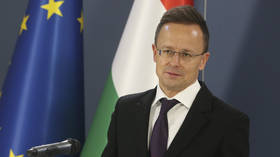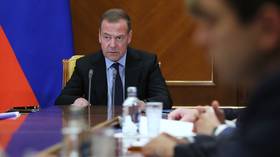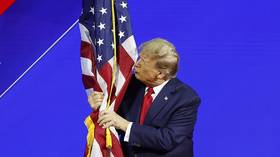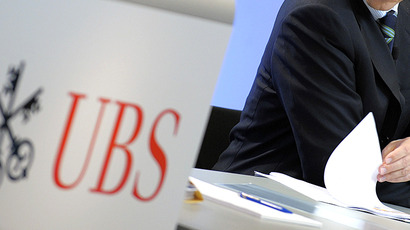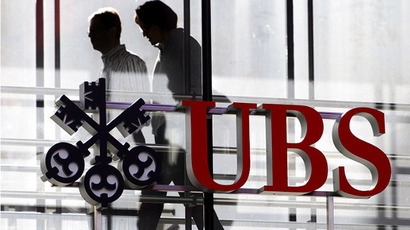Game changer: Swiss banks ditch secrecy
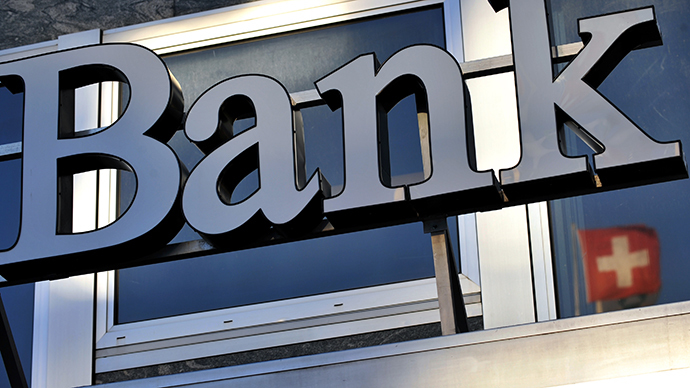
Switzerland, the world’s largest offshore wealth center, worth an estimated $2.2 trillion in assets, has signed an agreement to share financial information with nearly 60 other countries, which could completely change the country’s financial landscape.
The country has made a giant leap towards banking transparency
after it signed a convention with the Organization for Economic
Cooperation and Development (OECD) agreeing to exchange data with
60 member countries.
Switzerland already has bilateral tax collection agreements with
the UK and Austria, but the move to chip away another layer of
the country's infamous banking secrecy was prompted by
international pressure from the US, Germany, and France,
The tax agreement, called the Multilateral Convention on Mutual Administrative Assistance on Tax Matters came into force in 2010, and includes all G20 states, and most European states. The convention requires participants to pool tax collection information, and includes automatic exchanges, in some cases.
Under the convention, the Swiss government can call on large
private banks like UBS AG, Julius Baer, and Credit Suisse Group
AG to turn over confidential information to international tax
watchdogs.
The crackdown on the tight-lipped policy could cost the Swiss business, as the new policy may be a turn-off for foreign banks. At the beginning of 2012, 145 foreign banks had offices in Switzerland, and as of May 2013, 16 had left, according to data from the Association of Foreign Banks in Switzerland.
Between 2008 and 2012, foreign bank assets decreased by $921 billion, as tax evasion eroded and clients withdrew money.
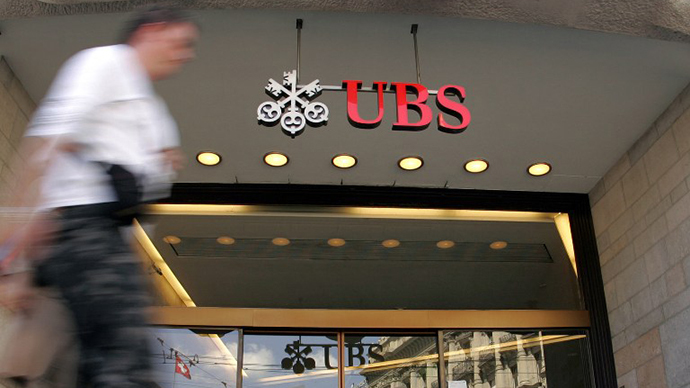
The chairman of the Swiss Bankers Association, Patrick Odier, has long been outspoken against the automatic exchange of client information, and doesn’t see it becoming a norm in the banking industry. Other politicians in favor of the changes, say the banks simply need to reinvent themselves.
“The signing of the convention confirms Switzerland’s commitment to the global fight against tax fraud,” Stefan Fluckiger, the Swiss ambassador to the OECD, said in a statement adding his country has been complying with international tax standards since 2009.
The Swiss Federal Council approved the convention on October 9,
the first unilateral agreement for the nation that signals the
state is prepared to play a larger role in upholding
international tax rules.
Until recently, the Alpine tax haven refused steps towards
banking transparency, and over the summer, the Swiss parliament
struggled to pass a bill to change the
banking legacy., but finally agreed to comply with the US Foreign
Account Tax Compliance Act, a bilateral client information swap
with the US.
Almost all bankers in Switzerland have grown up with bank
secrecy, which was written into Swiss law in 1934 after French
authorities arrested, and confiscated a client list from two
Swiss bankers in Paris in 1932.
Hot topic
The global recession has led many governments, who had long
turned a blind-eye to banking secrecy, to go after individuals
and companies who avoiding taxes with secret Swiss bank accounts.
Offshore wealth, shrouded in secrecy and often untaxed, has
reached $8.5 trillion, according to a Boston Consulting report.
Tax evasion was a hot topic over the summer
both at the G8 conference in Northern Ireland and the G20 summit
in St. Petersburg.
The US has had a long-standing tax-evasion dispute with Switzerland, and over the summer, threatened $10 billion in claims if they didn’t come clean with their banking secrecy.
In 2009, UBS, Switzerland’s biggest bank, admitted to helping
52,000 American clients avoid paying taxes. In January 2013,
Switzerland’s oldest private bank, Wegelin & Co., said it
would close down after pleading guilty to helping Americans hide
more than $1.2 billion from the Internal Revenue Service (IRS).
Over a dozen Swiss banks are said to be under US investigation.



